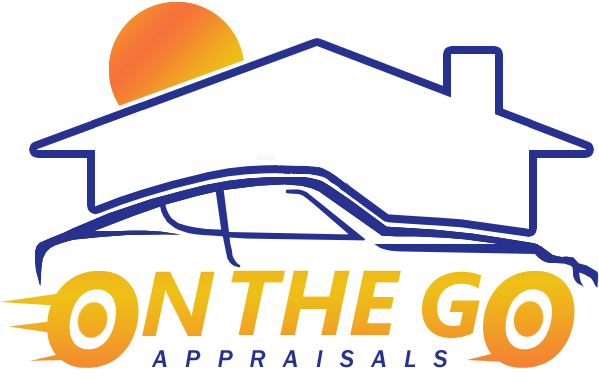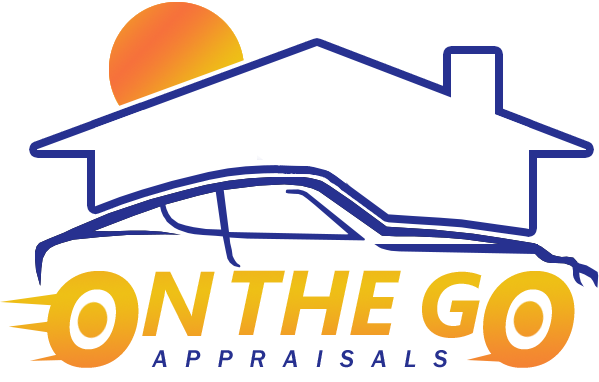:max_bytes(150000):strip_icc()/GettyImages-1144541711-a9da21c751a44ef68787da1cdb00c964.jpg)
In general, an appraiser is someone who assesses the value of a piece of property, particularly to determine a fair sale price. A business appraiser specializes in evaluating tangible and intangible property to determine what a business is worth.
Business owners may need a fair appraisal for many different reasons, from preparing for a sale to making an initial public offering. Any time an owner or prospective buyer needs an unbiased, outsider opinion of the business’s value, they would hire a business appraiser. Learn more about what these specialists do and when you might need their help.
What Is a Business Appraiser?
All types of property have value, including business property, and the value of that property is best determined by hiring an expert called an appraiser. Appraisers work in all types of situations:
- A property/real estate appraiser evaluates the value of homes and other real property.
- Some appraisers specialize in certain types of property, such as livestock appraisers and art appraisers.
Regardless of the type of appraiser, they are required to use unbiased methods to provide a fair valuation of the property. Business appraisers are required to operate independently to prepare a business valuation or to value business assets, using financial analysis, physical review, and industry comparisons.
Business appraisers must meet specific standards to achieve what’s called Certification in Entity and Intangible Valuations (CEIV). Several organizations offer pathways to this certification, such as the American Society of Appraisers. Appraisers can also be certified/licensed by state regulatory boards for the states in which they practice.
Note
There are several ways to get certified to appraise businesses. Certified Public Accountants, for example, can receive a certification called Accredited in Business Valuation.
How Does a Business Appraiser Work?
An appraiser can value a business in several different ways. These might include:
- Thefair market value method usually considers the value of all equipment, furniture and fixtures, vehicles, and intangible assets. Fair market value is defined as what the property would sell for in an open market, with the price determined by a willing buyer and willing seller.
- A liquidation value assumes that the business has stopped and all assets must be sold quickly. This is the most drastic valuation because it means that the business owner will receive only the minimum value.
- A capitalization of earnings valuation seeks to determine a company’s value today based on its projected future earnings. That is, working backward from a point in the future and using assumptions on how much the earnings will increase from the present. This can also be done in terms of future cash flows.
There are many other ways to value a business, and a trained appraiser will usually use several different valuation methods to come up with a few estimates for a business’s value.
Note
The valuation of shares of business stock is different from valuing the business or its assets. This type of valuation typically involves investment bankers, not a business appraiser.
Do I Need a Business Appraiser?
There are many situations that might necessitate a business appraisal, including:
- Business buying and selling: Before selling a business, many business owners get an appraisal. For an ongoing business, there may be a need for an appraiser in a buy-sell situation, where one of the owners leaves the company.
- Real estate: Within a business, there may be times when an appraiser is needed to value real estate, for sale or purchase. In this case, a real property appraiser is needed.
- Business disputes: Appraisers may be needed to value a business within the process of business disputes, such as shareholder disagreements or divorces where the business property is involved.
- Business damages/disaster: An appraiser may be needed to value a business for insurance purposes, after a disaster or other damage to the property and assets.
- Bankruptcy: The process of business bankruptcy usually includes an appraisal for valuation.
These are just a few examples. A business owner can seek out an appraisal at any time.
Types of Business Appraisers
Given the many possible scenarios for a business valuation, there are a variety of different kinds of business appraisers. Some specialize in valuing businesses for sale or for other purposes. Others focus on intellectual property (patents, copyrights, and trademarks) and other intangible assets.
An equipment appraiser, on the other hand, evaluates equipment for sale as part of a business transaction. For example, if a business wants a loan, and pledges specific business assets as collateral for that loan, an appraiser will review the condition of the assets and the fair market value.
Cost of Hiring a Business Appraiser
The cost of a business appraisal depends on the circumstances. Most appraisers work by the hour, so the size and complexity of the company (the number of assets) play a big part in the cost. According to Mariner Capital Advisers, the cost of a business appraisal can vary from $5,000 to over $30,000.
Can I Do My Own Business Valuation?
You can run an informal valuation of your small business at any time. However, if you need a valuation for insurance or for selling a business, you will typically need an outside independent appraiser. Likewise, if your business is a corporation or partnership, or if you have multiple subsidiaries or other complex situations, you will definitely need the services of an independent appraiser.
Key Takeaways
- A business appraiser is someone who performs an independent assessment of a business’s value.
- Business appraisers can be trained and certified by several different organizations to use unbiased methods to conduct business valuations.
- Business owners can seek an appraisal at any time but do so most often when preparing for a sale or dealing with certain disputes.


